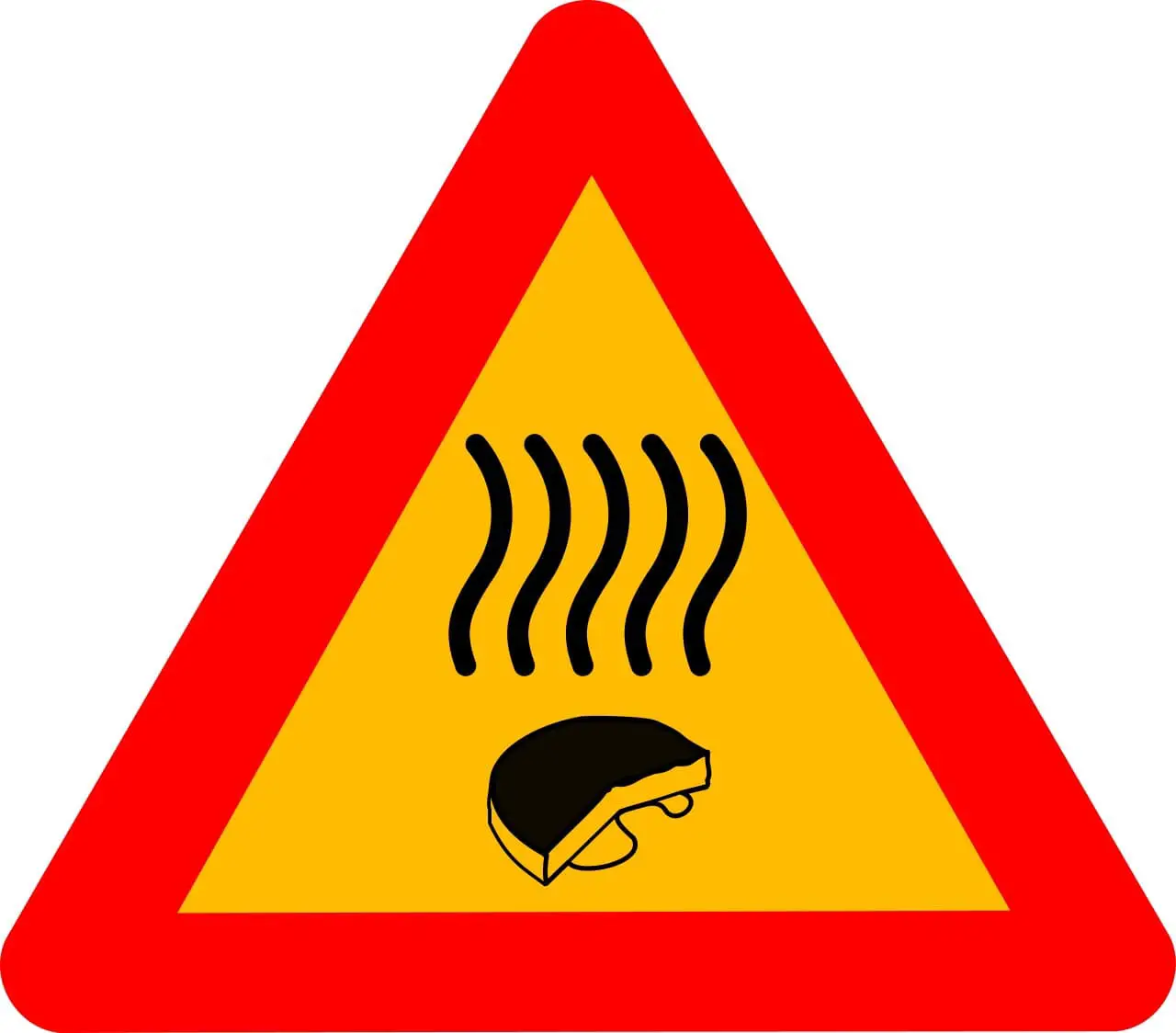Your compost may smell like ammonia if it contains too much green material. In other words, your bin contains more vegetable scraps, fresh grass clippings, and wet leaves than soil, straw, and dry leaves.
The smell of ammonia indicates excess nitrogen. When composting high nitrogen-rich materials such as fresh grass clippings or manure, ammonia losses are common, and other nitrogen losses in runoff often accompany them.
Table of Contents
What causes compost to smell like ammonia?
The presence of ammonia smell in gardens and compost heaps indicates a lack of oxygen for microbial activity.
Compounds containing organic matter cannot compost without adequate oxygen, but introducing more oxygen to the soil is a simple solution. The presence of ammonia in gardens is a common problem for home composters and is a sign something is off in the composting process.
The inefficient breakdown of organic compounds is responsible for the odor. You can detect ammonia in soil by using your nose, but the cause is scientific in nature.
A few tricks and tips will make the treatment process easier.
How do I fix compost that smells like ammonia?
The best way to resolve this issue is to turn your bin, aerate/mix your pile, or make sure there is not too much water in your bin. The compost pile should be moist but not wet.
Even when actively decomposing food and other green matter, your compost bin or pile should smell like dirt. Yes, compost should smell like dirt.
It may seem overwhelming to troubleshoot a stinky compost pile or bin at first, but once you get the hang of composting, you will find it second nature. After composting for a while, you will instinctively know what to do to avoid a stinky compost pile.
Your compost may have too many green materials if it smells like ammonia. The ratio of green to brown materials should be 3:1.
If the compost smells like rotten eggs, you may not be getting enough oxygen to your compost pile or bin.
Smelly compost: 5 causes & quick fixes
Follow these tips if your compost bin or pile smells sour, rotten, like ammonia, or any other strange smell unrelated to dirt.
1. If your compost pile smell is the result of too much moisture
The solution to this stinky compost problem is one of the easiest to implement.
Make sure you have placed your pile or bin in the correct location. When you own a compost tumbler or bin, placing it on the side of your house can be tempting.
However, Runoff from your roof might enter your compost bin, transforming your compost into compost tea.
Solution
If you need to relocate your bin or pile, select a location with plenty of sunshine and minimal rain runoff. One tip could transform your compost tumbler from stinky to smelling like dirt.
The second step is adding more brown material to the bin or pile to absorb all the liquid. Add a layer of brown material like wood chips or sawdust to your pile, then turn it over.
As the rainy season approaches, you may need to turn your compost more frequently and add more brown material.
2. If it contains too much green material (too much nitrogen)
Composting too much green material like peels or food waste will definitely result in an unpleasant odor.
Likely, you do not have sufficient brown material (carbon-rich material) in your compost pile if it smells sour, like ammonia.
Solution
To make compost that does not stink, it is necessary to combine 3 parts green material with 1 part brown material.
You can achieve this by adding a thick layer of brown material each time you add a layer of green material.
3. If it’s not getting enough oxygen
Oxygen plays a major role in decomposition. Without it, anaerobic decomposition will occur, leaving your bin or pile smelling of rotten eggs.
Solution
The problem can be resolved by stirring or turning your compost regularly. Mix it up with a pitchfork or shovel.
Compost piles should not be compacted. Lay down layers of green and brown matter instead. Oxygen cannot penetrate and decompose organic matter in a compacted pile or bin.
4. If the pile is not laid correctly
This relates to the 3:1 ratio of green to brown matter. Rather than mixing your green and brown matter together, add it in layers to the compost pile or bin.
Solution
To prevent your pile from becoming too stinky, place a thin layer of brown matter over your thicker layer of green matter.
Brown matter does not smell bad as it decomposes, whereas green matter does.
5. If oil, fat, meat or dairy was added to your compost
There is no question that all organic matter will eventually compost; however, some things, such as oil, fat, meat, and dairy, become quite stinky as they decompose.
Aside from stinking up your compost, adding meat, oils, and fats can also attract animals and maggots (side note: a few maggots are actually a good thing in compost, but you do not want to have an infestation).
Solution
It is relatively simple to fix this problem by avoiding the composting of fat, oil, meat, and dairy products.
It is likely that you are a good candidate for bokashi composting if you are interested in composting oils, fats, dairy products, and meat.

